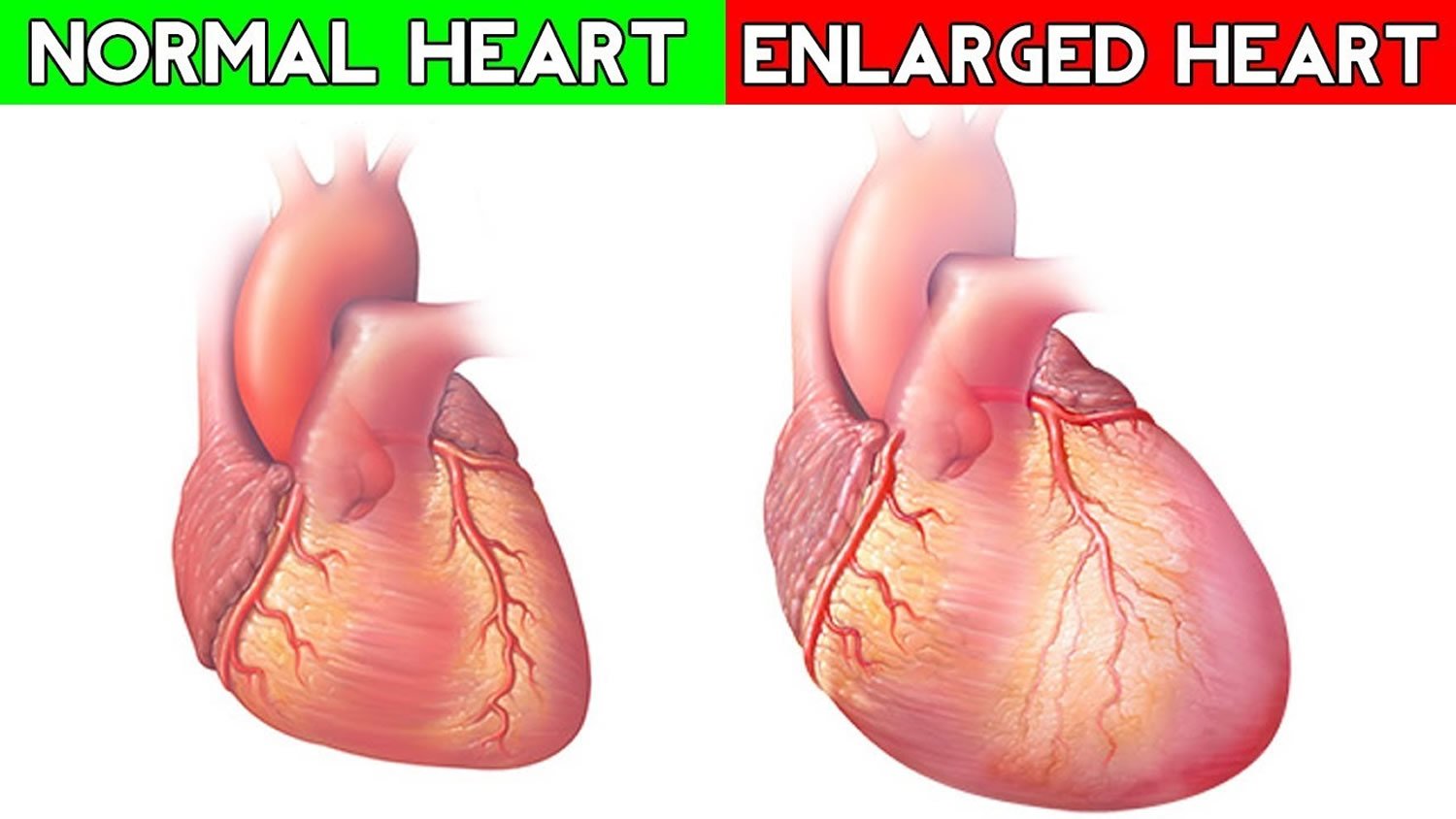Possible Heart Symptoms You Shouldn’t Ignore
Cardiovascular diseases stand as the foremost cause of morbidity and mortality globally after the age of 40. In India, heart disease manifests earlier than in Western countries due to genetic tendencies and diet patterns. Unfortunately, only a minority in India adheres to regular exercise and maintains a consistently healthy diet. Indore, known for its culinary delights like poha, namkeens, sev, and the hearty dal bafla, contributes to the challenge with its love for rich and fried foods.
Despite numerous awareness programs on diseases like TB, Malaria, and HIV, individuals typically seek the expertise of a cardiologist only after experiencing a heart attack.
Here’s some advice: Consult your doctor if you notice any deviation from your routine, such as fatigue during activities that were once effortless, breathlessness, palpitations, or perspiration while walking the usual distance.
Recognize new symptoms during basic exertion, like heartburn, choking, jaw pain, persistent left shoulder or arm pain, bloating, back pain, nighttime uneasiness, perspiration, edema on feet or face, unexplained headaches, especially after exertion, and more.
Embracing the “Simple 7” in daily life is crucial:
1. Stop Smoking
2. Eat Better
3. Get Active
4. Lose Weight
5. Manage Blood Pressure
6. Control Cholesterol
7. Reduce Blood Sugar
Following at least five ideals from the Indian Heart Association’s “Simple 7” metrics reduces the risk of heart-related deaths by 78%. Addressing diet and exercise queries, the simplified advice is to lower overall fat intake by reducing fried, junk foods, sweets, and bakery items. Increase fresh fruit, vegetable, salad, and protein-rich food intake.
Exercise advice varies by age:
– Age 40 to 60 years: Engage in moderate-intensity activities like brisk walking, aerobics, and doubles games for 30 minutes a day, at least five days a week.
– Age above 60 years: Opt for light-intensity activities like walking or gardening for 15-20 minutes a day, 75 minutes a week, at least five days a week. Intensity can be higher for those with a sports background or consistent exercise routine.
Assess your fitness with the Body Mass Index (BMI), where an ideal BMI is below 25, 25-30 is considered obese, and above 30 indicates severe obesity.
As we approach, make a heartfelt promise to prioritize your heart’s health. Apply the “Simple 7” tips to your daily life, share your commitment with friends and colleagues, and inspire them by sticking to your promise… Dil se!




